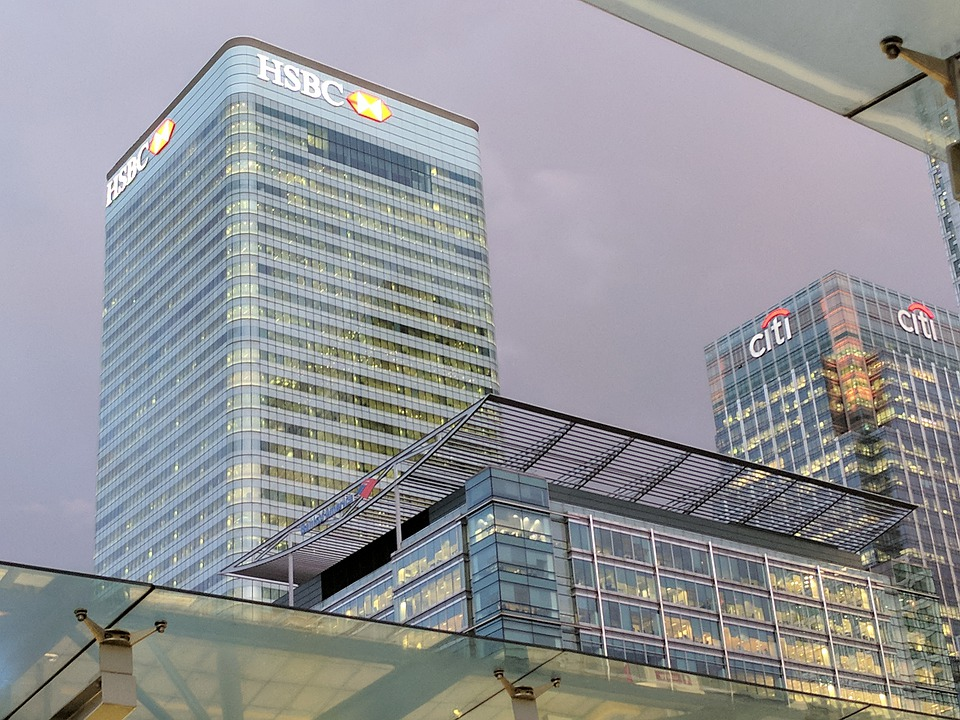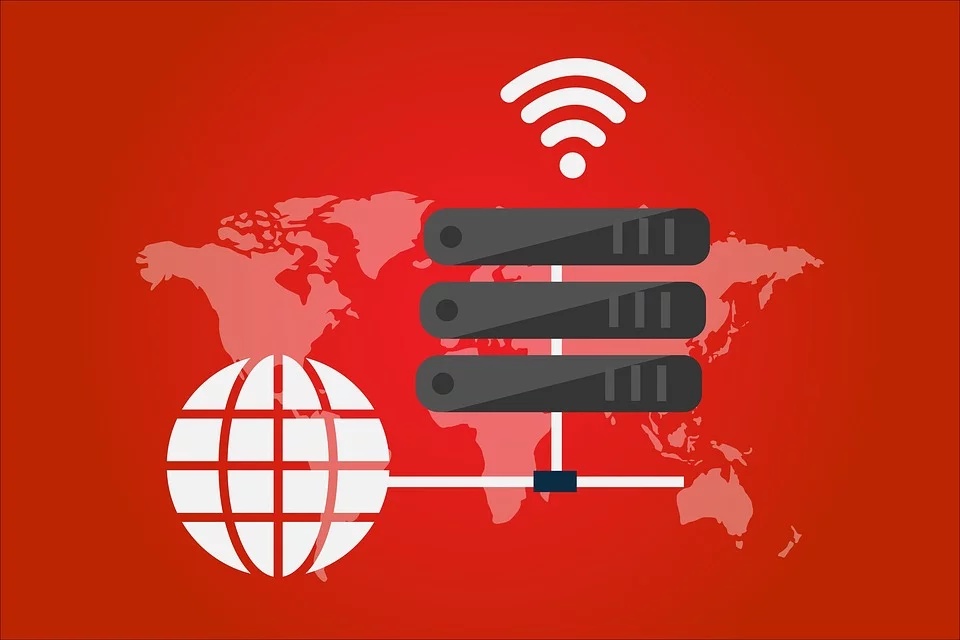FinVolution, the oldest p2p platform in China, has recently sought the help of HSBC to find a purchaser of the company, thereby taking it private. Finvolution currently trades on the New York Stock Exchange, but has come under some hard times, as its stock price has fallen to its 52-week low, much of the decline coming as a result of the coronavirus:

Its financial health, especially the business of assisting lending, has been hurt by the coronavirus outbreak in China since January that has infected over 80,000 people and claimed over 3,000 lives in the country, according to a separate person familiar with the company’s operations.
The company hopes HSBC can serve as a lifeline for its fledgling business, and find a partner to take the company private. This news comes only several months after the Chinese government announced it would require all p2p lenders to become small loan providers in the coming years.
With p2p payments becoming a larger part of the financial services industry, some are wondering: will 2020 be the year that p2p payments become the norm? Senior vice president at Fiserv, Matt Wilcox, says yes, thanks to consumers, who are beginning to demand instant, peer-to-peer payments from their financial institutions:

“I think the ‘why now’ has a lot to do with consumers’ expectations and the demand they are now placing on financial institutions, whether it be banks or credit unions,” said Wilcox. “And I think there’s a short list of investments that financial institutions want to make, to position them to grow their digitally engaged customers and members.”
Much of the push is due in large part to millennials, who have a higher propensity to use p2p payment apps and services than older generations.
While the coronavirus has struck fear into the hearts of financial markets, p2p investments could actually serve as a safe haven for investors. Neil Faulkner, managing director of peer-to-peer research firm 4thWay, noted that investors who can ride out this period of uncertainty will be rewarded:

“Sensible investors who don’t panic have an opportunity to do well and come out of the downturn with satisfactory or better results…Investors who buy 100 toilet rolls and rapidly try to sell their P2P investments are more likely to end up making mistakes, and possibly even locking in losses before they have earned enough interest to cover the losses.”
There is likely to be more demand for more stable, safe investments during this time, as global stock markets are experiencing extreme volatility due to coronavirus concerns.
One peer-to-peer VPN network is offering their services to journalists at no charge. Orchid, a crypto-powered, p2p VPN, is currently free for journalists so they can spread news and information more easily throughout the globe. This comes at no better time, as coronavirus news and updates are of the utmost importance to the general public.
The company made the announcement in a blog post where it highlighted its role in helping journalists provide better information:

“We are making Orchid available for free to all journalists in order to ensure they are able to access and transmit accurate information, no matter where in the world they are. If you are a journalist, email [email protected] with the name of your publication and proof of your status, to get set up and receive a personal onboarding.”
*As with any investment, your capital is at risk. Investments made through Bondora are not guaranteed; therefore any assets allocated to the Go & Grow account are not guaranteed by any state fund or otherwise secured and it may not be possible to liquidate assets or withdraw money immediately. The yield is up to 6.75% p.a., but please note that the yield achieved in past periods does not guarantee the rate of return in the future. Before deciding to invest, please review our risk statement or consult with a financial advisor if necessary.